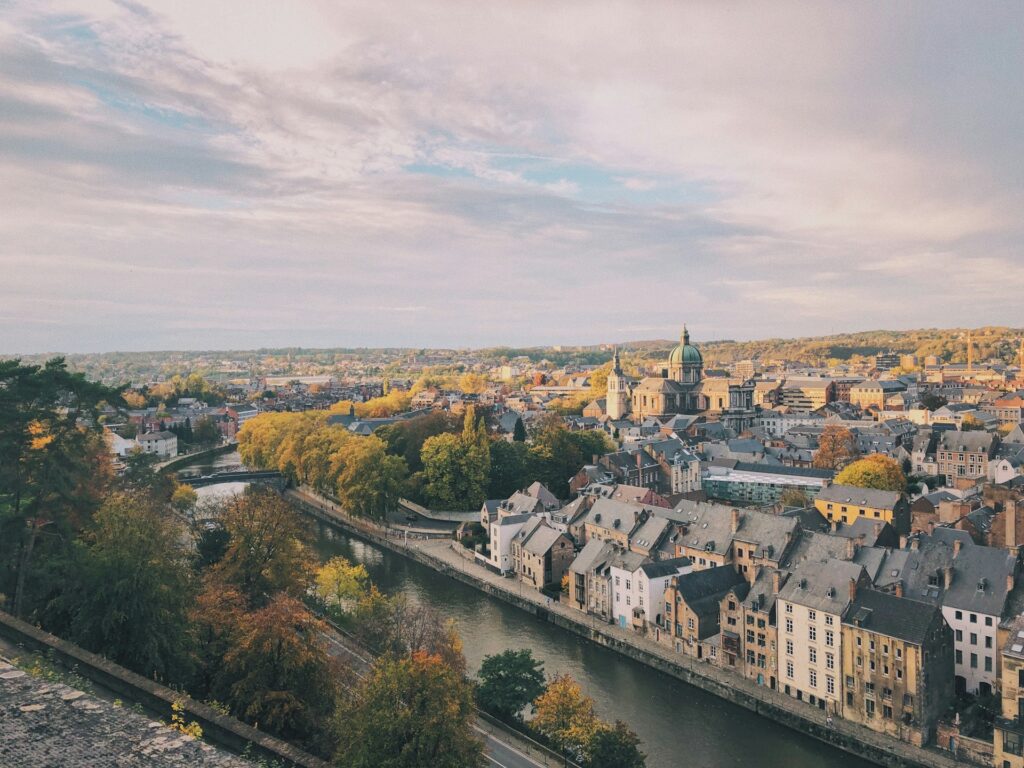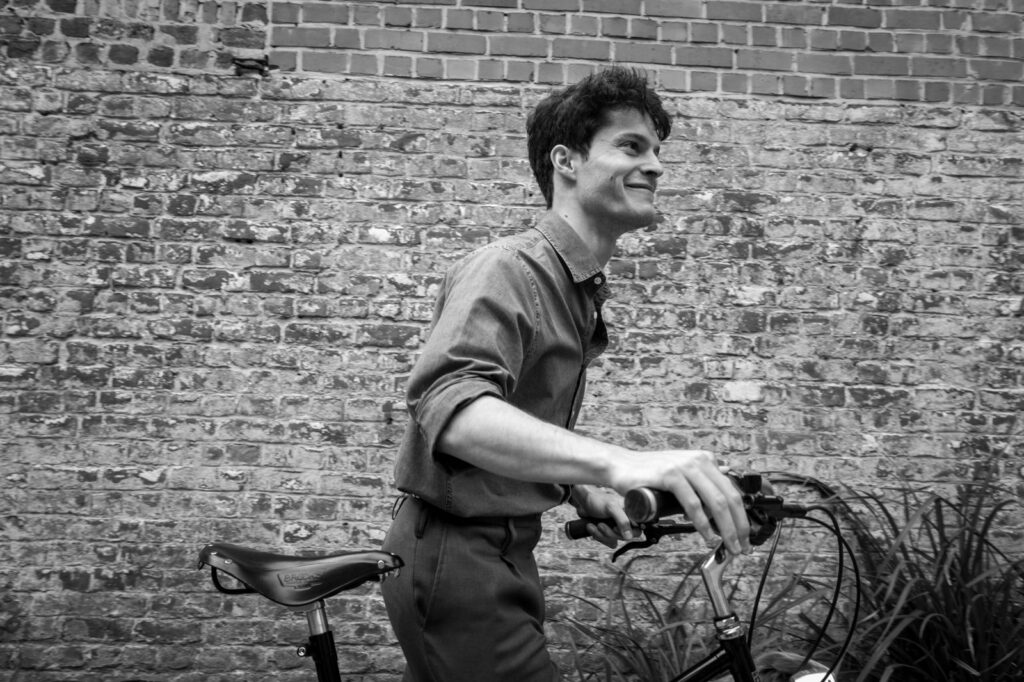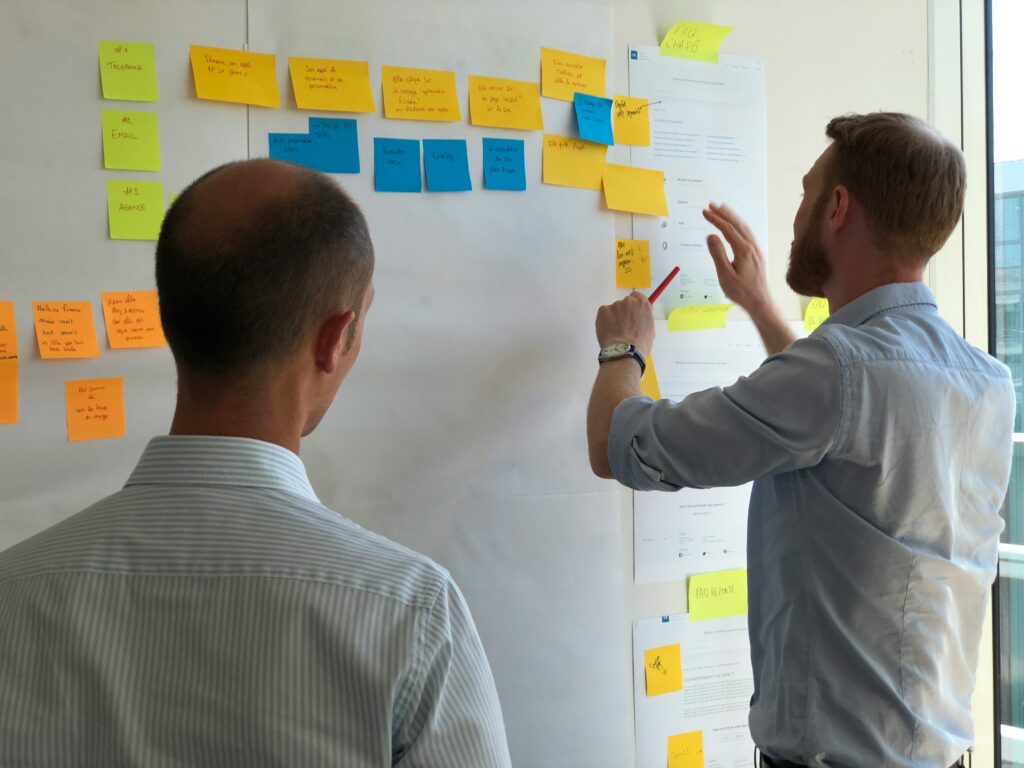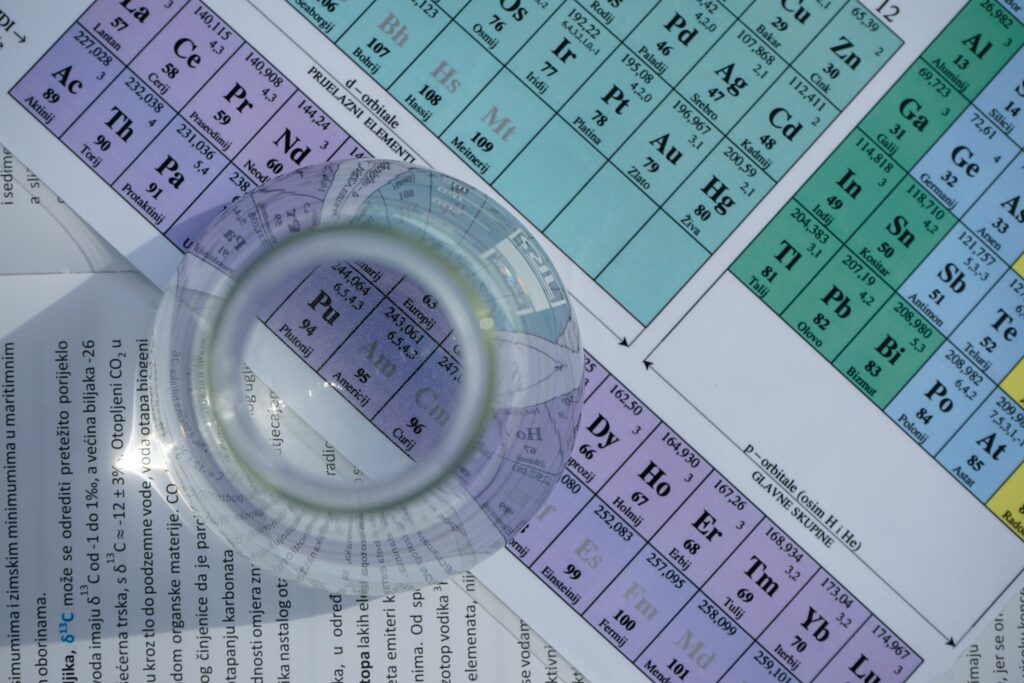The Parliament of Wallonia launched its first-ever deliberative committee in 2023, on the topic of citizen involvement in policy making. This initiative set a benchmark for participatory democracy in the region.
Organized in collaboration with consultancy firm Dreamocracy, this innovative initiative brought together 30 randomly selected citizens and 10 parliamentarians from all the parliament’s parties to co-create solutions to pressing regional issues. The committee exemplifies a groundbreaking model for inclusive decision-making, fostering mixed deliberation between policymakers (“elected citizens”) and the public (“ordinary citizens”) to address challenges related to democracy.
The process was designed to foster inclusivity and collaboration. 30 randomly selected citizens worked alongside 10 parliamentarians worked over 5 sessions (plus one preliminary information session) to analyze data, deliberate on policy options, and co-create actionable recommendations. Over several weeks, participants engaged with expert presentations, moderated discussions, and facilitated workshops to ensure an informed and balanced dialogue.
The results of the deliberation were remarkable. The committee presented a set of 20 concrete policy proposals to the Parliament, including incentives for renewable energy adoption, enhanced support for public transportation, and stricter regulations on industrial emissions. Several of these recommendations have already influenced legislative debates, showcasing the potential of citizen-led innovation in shaping sustainable policies.
This pioneering initiative not only strengthened democratic processes in Wallonia but also set a powerful example for regions worldwide striving to bridge the gap between citizens and policymakers in addressing urgent societal challenges.
Learn more about how Wallonia is leading the way in deliberative democracy.





